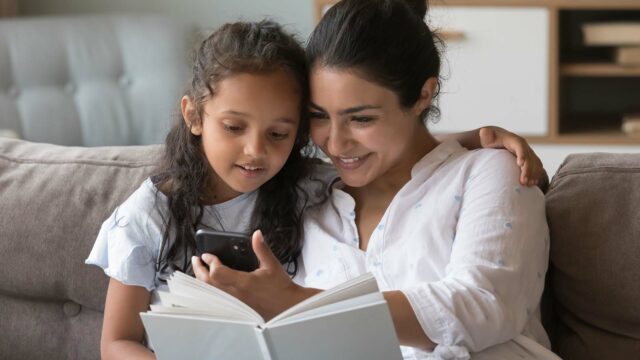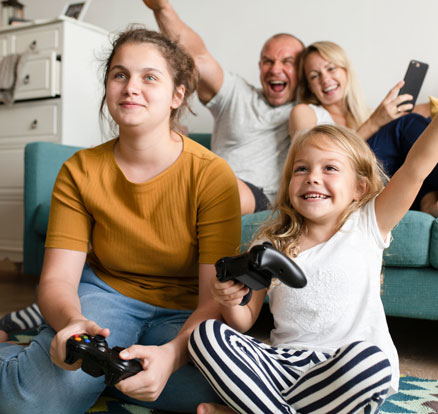
Norway: Children are doing well, but some are afraid to be bullied or feel lonely
The survey “Ungdata Junior” gives an overview of how 10-12-year-olds feel about friends, parents, school, and screen. The information was collected via a questionnaire. In Ungdata Junior 2020-2022, several surveys have been merged to provide national figures.
Choose language in the Google-box below. Some translations may be flawed or inaccurate.
More than 100,000 children in 5th-7th grades have responded to the Ungdata Junior 2020-2022 survey. Most of them feel good at school and have a good relationship with their parents. However, some are lonely, use painkillers, are afraid of going to school, and some parents yell.
The survey was conducted partly during the coronavirus pandemic.
Here are some findings from Ungdata Junior 2020-2022
- The vast majority of children in Norway are doing well. This applies both generally and specifically in areas such as relationships with parents and friends, well-being at school, and safety in the local community.
- A significant proportion of children are not doing so well. 11 percent are bullied every 14 days or more often. Some children feel lonely and don’t have friends.
- Most of them are satisfied with their health, but one in four children has used painkillers during the last week.
- More girls than boys have nausea, headache, stomachache, and neck- or shoulder pain every day. Several girls also report that they often have sleep problems and experience low moods.
- Social background or where they live has little influence, except when it comes to organized activities, where participation is higher for children with high socioeconomic backgrounds.
- Most children enjoy school. Still 7 out of 10 say they are bored during class. 1 in 4 is often afraid of going to school. 1 in 5 say that they often fear tests or are afraid to speak in front of the class.
- The vast majority of children spend their leisure time with friends – either at each other’s homes or out somewhere, but the frequency varies greatly. It is more common to meet friends outside than at home.
- 1 percent do not have friends.
- Loneliness is far more prevalent among girls than boys. 20 percent of girls in 7th grade often feel lonely.
- The vast majority of children have close ties to their parents and are very happy with them.
- About 5 percent do not experience their parents as positively.
- 2 out of 5 experience that parents often yell at them.
- About half spend half an hour to an hour on homework 3 percent of children do not do homework.
- 3 out of 4 participate in organized leisure activities. About half participate in such activities at least three evenings a week. 4 percent have never participated in organized leisure activities.
- 14 percent never play any sport.
More findings and details can be found in the report Ungdata junior 2020-2022 (pdf in Norwegian)
How kids use the screen
The report also shows what the children have answered when it comes to screen use.
- 1 in 4 use screens less than two hours daily.
- 1 in 4 use screens 2-3 hours daily.
- 1 in 4 use screens 3-4 hours daily.
- 1 in 4 use screens more than 4 hours daily.
- Watching series and YouTube is the most common activity.
- 79 percent of boys spend more than an hour a day on computer games.
- 28 percent of girls spend more than an hour a day on computer games.
- More girls than boys use social media.
- 3 in 10 have experienced something negative online in recent months, such as being banned or threatened, hurtful texts, photos, or videos. The most common is to experience that someone writes hurtful things to or about them.
Ungdata Junior is a collaboration between the regional competence centers in the field of drugs and addiction (KORUS) and the Norwegian Welfare Institute NOVA at OsloMet funded by the Norwegian Directorate of Health. In the period 2020-2022, the survey was conducted in 199 municipalities and Svalbard, with a response rate of 83 percent. 102,851 pupils from these municipalities participated in the survey. This was a sufficient number of municipalities to be able to represent national results for the first time.
Related articles:
Norwegian children are happy with their life (Ungdata 2021)
(Translated from Norwegian by Ratan Samadder)






